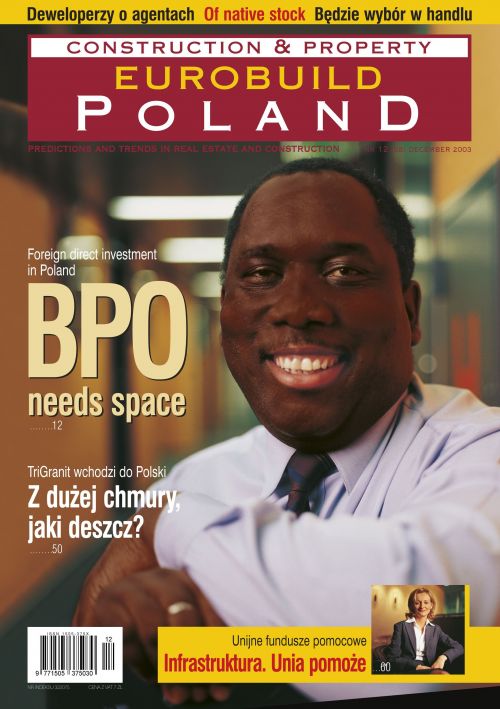The breadth of the project makes it impossible to discuss in any detail the
solutions to be implemented by the new law. That is why I will concentrate
on the presentation of the main assumptions of the new law and the basic
changes introduced to the system of public orders. I will also present a few
new particular solutions provided for in the draft of the new Act.
Law substitutes the Act
The currently binding Act on Public Orders has so far been amended about
twenty times and this has resulted in it being unclear and incoherent. That
is why it was decided that a new act should be introduced to replace it.
According to its authors, the new act will fully regulate the issue of
public orders and encompass the solutions contained so far in the executory
ordinances to the Act. The use of the word "Law" in the name of the new Act
is aimed at underlining the complex regulation of the issues and an attempt
to create the codification of public orders.




























































